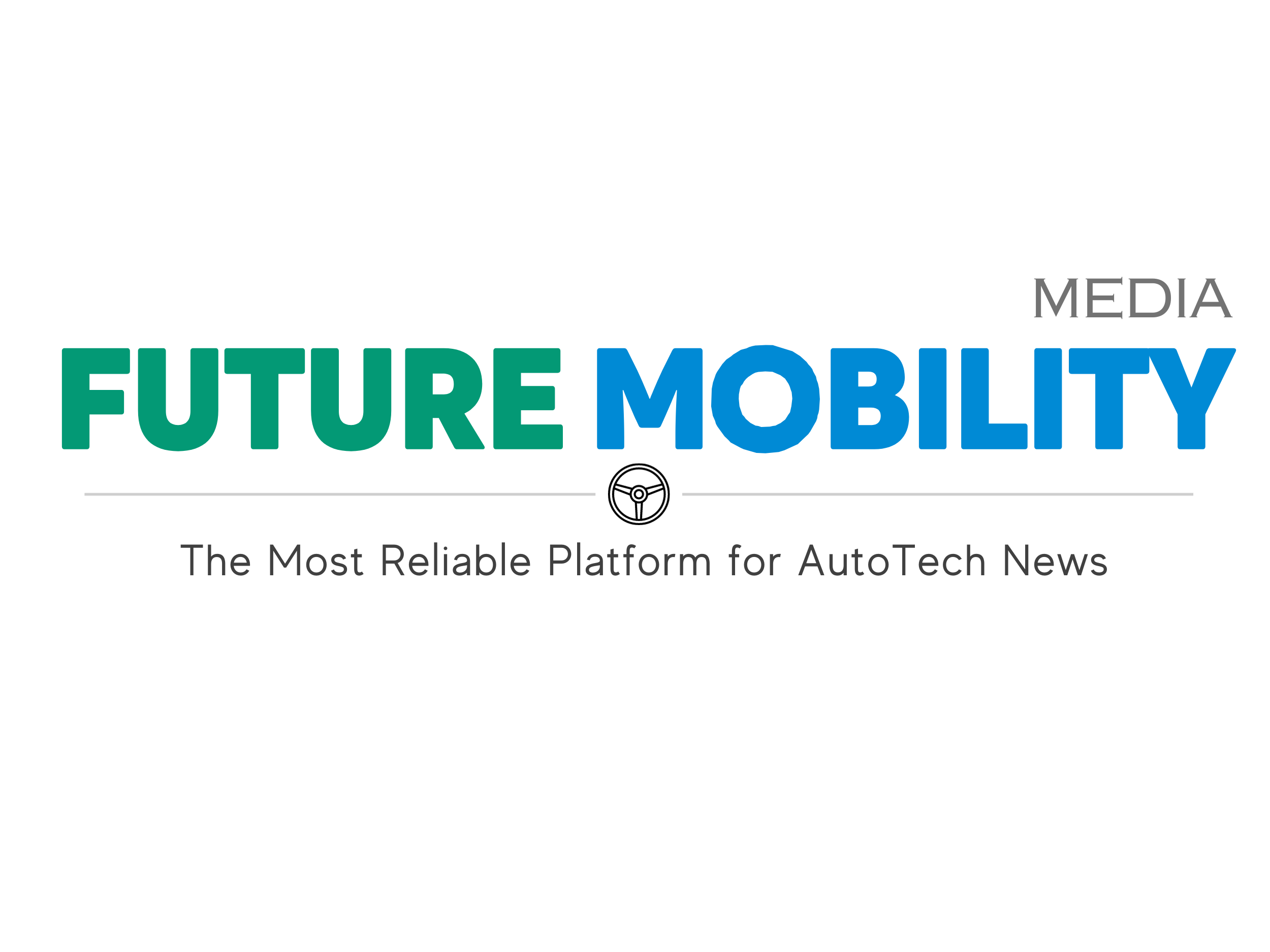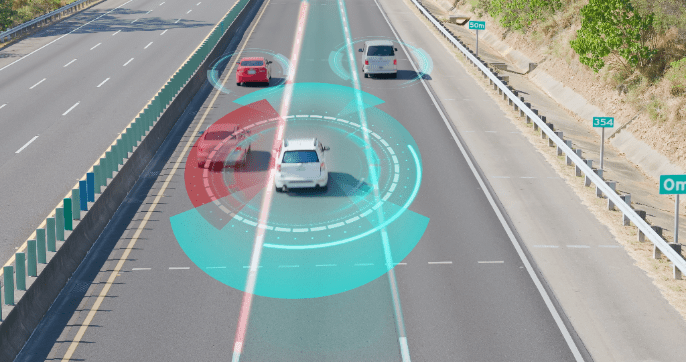Future Mobility Media speaks exclusively with Pramod Nanjundaswamy, Vice President, Global Delivery Head, Automotive & Mobility, Cyient, on how the company is leveraging AI, IoT, 5G, and semiconductors to drive autonomous, connected, and sustainable vehicle innovation.
As a leader in automotive tech, what major changes do you foresee in the next decade, especially with advancements like 5G, AI, and IoT shaping the industry?
Digital, Autonomous and Sustainable are the three areas that will drive the future of automotive. AI/ML and Gen-AI are driving and will continue to drive the digital and autonomous part. Fuel Technology would drive the sustainability part. Enablers like 5G, Sensor Technologies, Display Technologies, Compute and Storage Technologies would act as accelerators for their adoption.
Cyient emphasizes intelligent engineering for a connected, autonomous, and sustainable future. How do you see this focus setting Cyient apart in the automotive industry?
We know the above-mentioned technologies will drive the future of the automotive world. Our customers are investing in them. Cyient has also, accordingly, invested in people, solution accelerators, labs, and partnerships, which positions Cyient as an end-to-end, i.e. chip-to-cloud technology and solution partner, bringing cost, time to market, and scaling advantage to OEMs and Tier1s in this space.
How is Cyient supporting OEMs in their shift towards electrification and sustainable vehicle manufacturing?
Cyient, through its solution accelerators, expertise, and experience in fuel cell technologies, battery management solutions, designing fuel-efficient engines, decarbonization-linked projects as well as building sustainable plants, is actively working with our customers in building electric vehicles as well as sustainable vehicle manufacturing plants.
What innovations is Cyient bringing to the connected cockpit experience, and how do you see this redefining the in-car experience for users?
With more and more real-time digital content being created, displaying the information to the users at the right time, with precision, and in the right way becomes critical. By helping our automotive customers to integrate AI, edge computing, advanced safety systems, personalization, wellness features, and augmented reality dashboards into their cockpit devices, we are contributing to the transformation of vehicles into more of a “living space” than just a mode of transportation. We do this while giving utmost priority to ensuring Functional Safety and Cyber Security standards compliance, thus, in turn, ensuring data privacy security and user safety.
How does Cyient leverage its strengths in ADAS and autonomous driving to drive advancements in real-time monitoring and control, and what unique capabilities set it apart in this field?
Cyient’s work in semiconductors gives us expertise in current as well as upcoming hardware platforms. Cyient uses this knowledge to guide our customers in choosing the right platform. Cyient experience in system engineering is also another major key differentiator through which we help our customers in the top left part of the V-Model including architecting the entire system, choosing of components etc. With expertise in RADAR and camera-based systems, Cyient helps its customers in the development of sensor fusion technologies, including algorithm training, algorithm validation, and fine-tuning. Data and AI are other areas where we help our customers, like data annotation, masking, scenario simulation, and AI-enhanced real-time decision-making.
How is Cyient addressing advancements in safety technology, and what role does it play in shaping industry standards?
Cyient is working extensively with its customers in the development of ADAS / Perception systems both in passenger and commercial vehicles as well as off-highway vehicles, bringing safety to not only passengers but also life around them. Cyient also works in V2X technologies as well as in-cabin driver monitoring systems, which contribute to enhanced safety measures. Crash simulations and HD Maps data creation for ADAS are other areas we are involved in. Our expertise in the design and development of ASIL-D systems helps our customers bring more advanced safety-compliant systems to the market.
Through our customers as well as various consortiums, we work towards global initiatives to establish safety protocols and establishment of safety measures across markets. Many times, it is also about educating and hand-holding the smallest of players in the supply chain in implementing these safety norms.
Digital transformation offers huge potential but also presents challenges, especially in areas like cybersecurity. From your perspective, what are the main hurdles automotive clients face, and how does Cyient help address them?
Digitization brings more tools, resulting in a higher risk of vulnerabilities. Increased product integration and feature content bring in complex architecture and more external interfaces, bringing in a higher risk of threats and vulnerabilities. Cyient, through its certified cyber security assessors, helps automotive clients to conduct TARA (Threat and Risk Analysis) across its functions as well as a supply chain to ensure compliance as well as the implementation of Cyber Security Norms. Post-corrective measures and security validation are done to ensure the effectiveness and adequacy of measures taken. We help our customers set up and run the Security Operations Center (SOC) to manage the incidents reported during the product launch for its lifespan.
With new regulations coming in Europe and the US, Cyient is helping clients during this uncertain phase through consultancy in continuation of existing product lines as well as new product introduction and in getting the required approvals from concerned authorities.
With Cyient’s recent investments in the semiconductor space, how do strategic partnerships and expansions enhance your automotive tech capabilities?
Cyient is solidifying its position in the semiconductor space with strategic moves, including establishing a wholly owned semiconductor unit by FY 2026 and acquiring a 27.3% stake in Azimuth AI, a fabless custom ASIC company. These advancements highlight Cyient’s differentiated role in the automotive sector, bridging software and hardware expertise. Investments and collaborations with tech leaders like Microsoft and AWS further enhance Cyient’s value proposition. The company underscores the importance of partnerships, co-creation, and joint ventures as essential strategies in a rapidly evolving technology landscape driven by start-ups and innovation.
What are your thoughts on key government initiatives aimed at boosting the automotive semiconductor landscape? How crucial are these for driving growth and innovation in the industry?
So far, we have spoken so much on semiconductors in the automotive space. Similar trends are seen in healthcare, industrial and other verticals as well. So, it makes sense to look at the growth of semiconductor and electronics content to promote investments. Even from the recent supply chain challenges we faced in semiconductors, it makes sense to diversify the supply base. India is a natural choice for adding to this supply base countries, with 20% of the global talent in chip design coming out of India; we are also fast becoming a significant chip consumption market, with its consumption expected to double by 2026.
Looking forward, what are your top priorities for Cyient’s automotive division? Are there areas of innovation you’re particularly excited about in the coming years?
Our focus is very clear, to work with our customers in their endeavour to build autonomous, software-driven, sustainable and connected vehicles. We are investing in creating solution accelerators and AI-driven engineering to improve the time to market, reduce the cost and improve the execution efficiency. Safety, security and user experience remain the top priority while developing these solutions.
Innumerable possibilities AI and GenAI bring to the table, emerging fuel technologies, changing vehicle architecture and eco-system, integration of different industry verticals and ever-increasing demand for system engineering all are very exciting.

Pramod Nanjundaswamy
Vice President, Global Delivery Head, Automotive & Mobility Cyient



